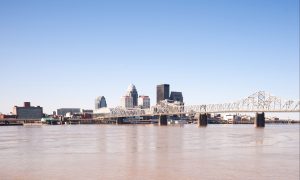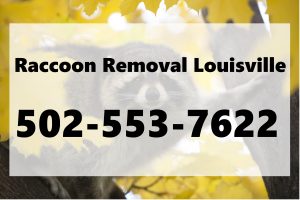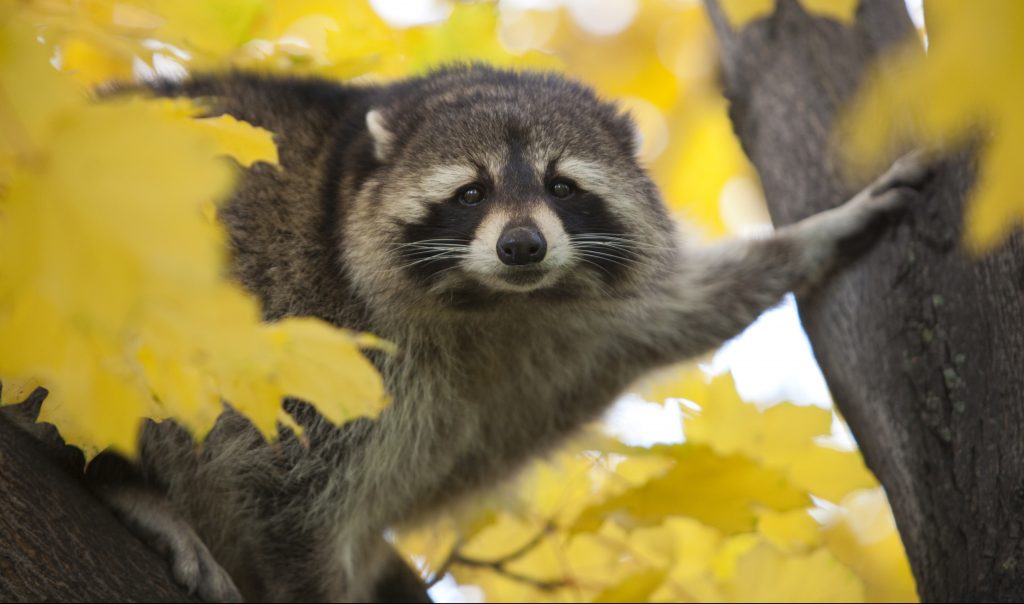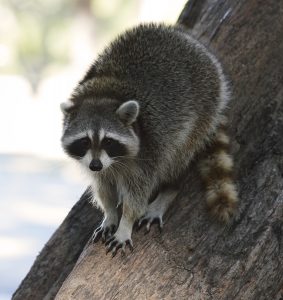We can get rid of raccoons in a flash for Louisville property owners and proprietors!
When you need raccoon removal and control in Louisville, Kentucky, trust no one else but Raccoon Removal Louisville.com for all your nuisance animal needs! Our highly trained and DNR licensed wildlife rescue and control contractors have decades of experience in the raccoon control industry. We never harm or kill raccoons, and instead, we use safe and humane methods of raccoon exclusion and extraction. Once in our control, we relocate wild raccoons to a safe, faraway habitat.We Provide 24 Hour Emergency Raccoon Removal
When you need emergency assistance for a raccoon in the house or other area of your property, we are standing by to help! We provide 24 hour emergency raccoon removal for residential and commercial properties in Kentucky. No matter what time of day or night, their raccoon control teams are standing by to deliver punctual and prompt assistance when you need them most!
Let Us Catch a Small Problem Early On
Raccoons can be a big nuisance in many ways. Stopping a raccoon infestation from getting bigger can save home and property owners loads of money in restoration and damage repairs. Once you are aware of a raccoon problem, take action right away. The longer you wait, the more time raccoons will have to create more damage and mess.
Keep these facts in mind too:
🐾 A diseased raccoon does not always look or behave sick, so it is important to never come close to one under any circumstances.
🐾 Always call a licensed Louisville raccoon removal professional who retains the proper equipment and training to safely carry out the task.
🐾 Another great way to stop raccoons from trespassing is to implement effective preventative maintenance. We have all the information you need to raccoon-proof your property!









